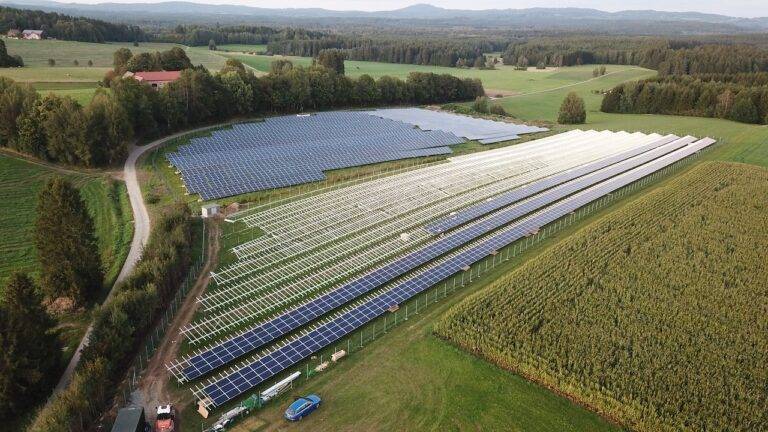The Role of AI in Autonomous Drone Delivery Systems
Autonomous drone technology has witnessed significant advancements in recent years, with the integration of artificial intelligence (AI) playing a pivotal role in enhancing the capabilities of these unmanned aerial vehicles. Through the utilization of AI algorithms, drones are now capable of performing complex tasks with more efficiency and accuracy, transforming the way they navigate and interact with their surroundings.
One key area where AI integration has made a notable impact is in improving the navigation and routing capabilities of autonomous drones. By leveraging AI-powered systems, drones can analyze vast amounts of data in real-time to autonomously navigate through challenging environments, adapt to changing conditions, and avoid obstacles. This not only enhances the overall safety and reliability of drone operations but also opens up new possibilities for applications in various industries, from surveillance and logistics to search and rescue missions.
Enhancing Navigation and Routing Capabilities
Autonomous drone technology has made significant strides in enhancing its navigation and routing capabilities. By incorporating AI integration, drones are now able to autonomously navigate through complex environments with precision and efficiency. This advancement has paved the way for drones to be utilized in various industries, such as delivery services, search and rescue missions, and infrastructure inspections.
One key aspect of enhancing navigation and routing capabilities is the use of real-time data processing. Drones can now quickly analyze data from various sensors and sources to make informed decisions on the best route to take. This has not only improved the overall efficiency of drones but has also enhanced their safety by allowing them to avoid obstacles and adapt to changing conditions on the fly.
How does AI integration improve autonomous drone technology?
AI integration allows drones to make real-time decisions, adapt to changing environments, and enhance navigation capabilities.
Can AI help drones navigate through complex or challenging terrain?
Yes, AI algorithms can help drones navigate through obstacles, avoid collisions, and optimize their routes for efficient and safe travel.
What are some benefits of enhancing navigation and routing capabilities in drones?
By enhancing navigation and routing capabilities, drones can improve their performance, increase their autonomy, and expand their range of applications.
How does AI technology contribute to better route planning for drones?
AI algorithms can analyze data, predict future conditions, and optimize routes for drones to reach their destination faster and with minimal energy consumption.
Will enhancing navigation and routing capabilities lead to faster and more accurate deliveries by drones?
Yes, improving navigation and routing capabilities can result in faster and more accurate deliveries, making drone technology even more efficient and reliable.





